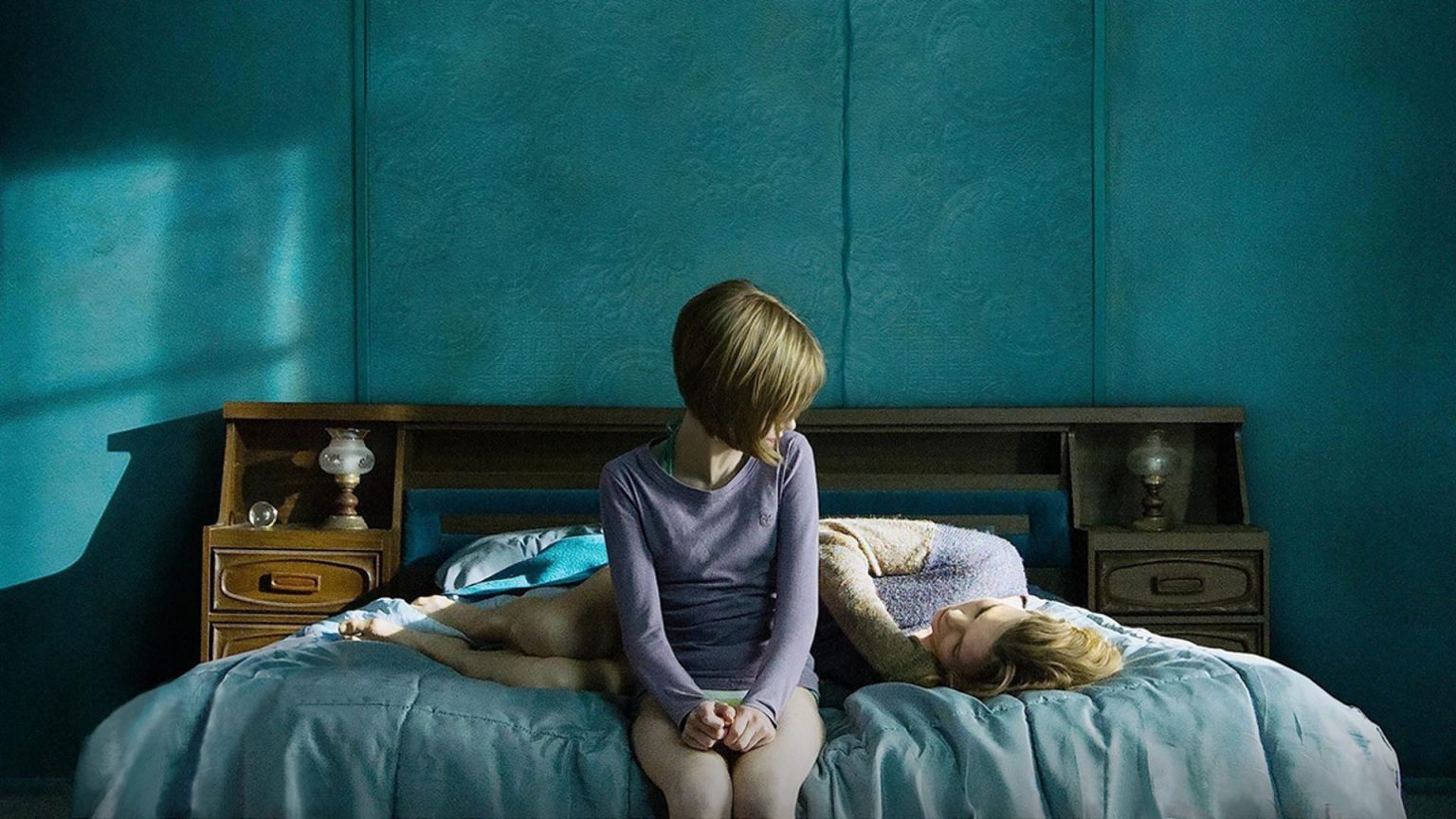By Gary M. Kramer
The 2014 drama, Dawn (aka Touch)—the debut (and so far, only) feature by Australian writer/director Christopher Houghton—is an impressive little film.
Dawn opens with moving images of scenery speeding by, as if the camera was lying on the backseat of a car, looking up and out of the window. The sequence features blurred bits of trees, bright white sky, as well as snippets of faces and body parts, all accompanied by a jagged soundtrack. It is dream-like—or, perhaps, it portends a nightmare. The images abruptly stop on a frozen moment featuring Dawn (Leeanna Walsman) sitting in a car with her eyes closed. When she opens them, she sees a man enter his house. Following him inside, she has a nasty physical altercation with him. Cue opening title card.
Dawn is a slow burn character study that takes off from this intriguing premise. As she returns to her car—where her daughter, Steph (newcomer Onor Nottle) is lying in the backseat—Dawn heads off to hide out. Meanwhile, John (Matt Day), a former cop who is Dawn’s husband, connects the dots between the assault and his wife’s fleeing. He tracks her down, following her credit card purchase in a convenience store, a nice, compact scene.
After Dawn is caught sleeping in her car one night by Nick (Greg Hatton), a local policeman, she heads off to the Palace Motel for the night. (The name is ironic; it’s a seedy establishment run by Carl (Shane Connor), a dubious man.) As Dawn parks by her room there is a great shot of Steph—who was sleeping in the trunk—sitting up in silhouette. Dawn didn’t tell Carl her daughter was with her. Is Dawn kidnapping Steph to keep her from her father? It is one possibility.
As mother and daughter hole up in the motel, Steph wants to go outside, but Dawn forbids her, wanting to lay low in the room. Dawn also hides her car so as not to be easily tracked. (John’s pursuit is shown incrementally and does not provide much tension until the drama comes to a head in the third act). When Steph asks if they are in trouble, Dawn replies, “Not you. Just me. I’m in trouble… Because I hurt someone real bad.” Her declaration that just hangs in the air, maintain an air of mystery.
But as sorrowful as Dawn is, she also seems to be very impulsive in her actions—a sign of her underlying despair. She leaves Steph one night and heads to a bar where she re-encounters Nick. She goes back to his motel room—next door to hers—for some rough sex. Their tryst is wonderfully uncomfortable. Far from being a release of Dawn’s pent-up energy and frustration, she is practically abused after hitting Nick first. He chokes her, threatens her, and forcibly sodomizes her. As Nick heads off to the bathroom, Dawn takes a bottle of liquor and leaves. And then, Dawn reveals, Nick has secretly recorded the entire episode.
Houghton’s film is full of nice, surprising moments like this. Another terrific scene unfolds at a second-hand clothing store where Dawn is shopping for Steph. Dawn distracts the owner so she can steal a necklace, but when she gets caught, Walsman’s expression—of regret and resignation—is marvelous. When Dawn gives her daughter the necklace—it is to protect her—it is a lovely, tender scene in a film full of many taut moments.
Houghton maintains a downbeat tone that allows viewers to sink into the story and formulate ideas about what Dawn did, or what happened to her. The truth certainly becomes clearer by the end of the film, and Houghton laces the story with hints that do not spoil the film even if viewers understand what is going on before it is fully revealed. What makes Dawn engaging is recalibrating what has been said or shown—as when an episode late in the film turns out to be a dream. Some scenes, however, create ambiguities that just nag.
One of the most striking moments in the film has Nick performing oral sex on Dawn, who wants him to stop. When he refuses, she does something that forces him away. It is a shocking moment that has rarely, if ever, has been portrayed in mainstream cinema, and it is impossible not to appreciate Houghton’s audacity (and the actors’ ability) to pull it off.
And this is what makes Dawn so satisfying. The film is slippery in places. When Dawn sneaks into Nick’s room to masturbate, is she desiring him, or is something else going on? And then there is the recording Nick made of his sexual encounter with Dawn. When it is seen later, it delivers a nifty payoff.
Houghton may be manipulating viewers, contriving some of the action, or creating odd tonal shifts, but the film is so economically made that he allows viewers to concentrate on the characters’ emotions and reactions. Despite the “chase” aspect of the story, this is an intense drama about coping with trauma. Watching Dawn make a series of increasingly bad decisions reveals her deep-seated anguish and insecurity.
As the title character, Walsman gives a flinty performance. The actress, who resembles a young Michelle Pfeiffer or Kyra Sedgwick, is remarkable here, capturing Dawn’s fear and anxiety with expressions that suggest how haunted she is. It is gratifying seeing Dawn dance to loud music on a jukebox in a bar while Nick looks at her. And Walsman is pretty fearless in the film’s sex scenes. But she is also fragile, especially when she searches for Steph when mother and daughter are separated. One moment in particular makes Dawn’s need for affection quite moving.
In support, Greg Hatton mostly suffers as Nick as his macho posturing is repeatedly punctured by Dawn and others. But he plays his part convincingly. As John, Matt Day is effective, providing a gravitas that nicely counterbalances Dawn’s more melodramatic travails.
Houghton’s film is a rough gem, perhaps flawed in places, but it shines nevertheless.
© 2022 Gary M. Kramer




